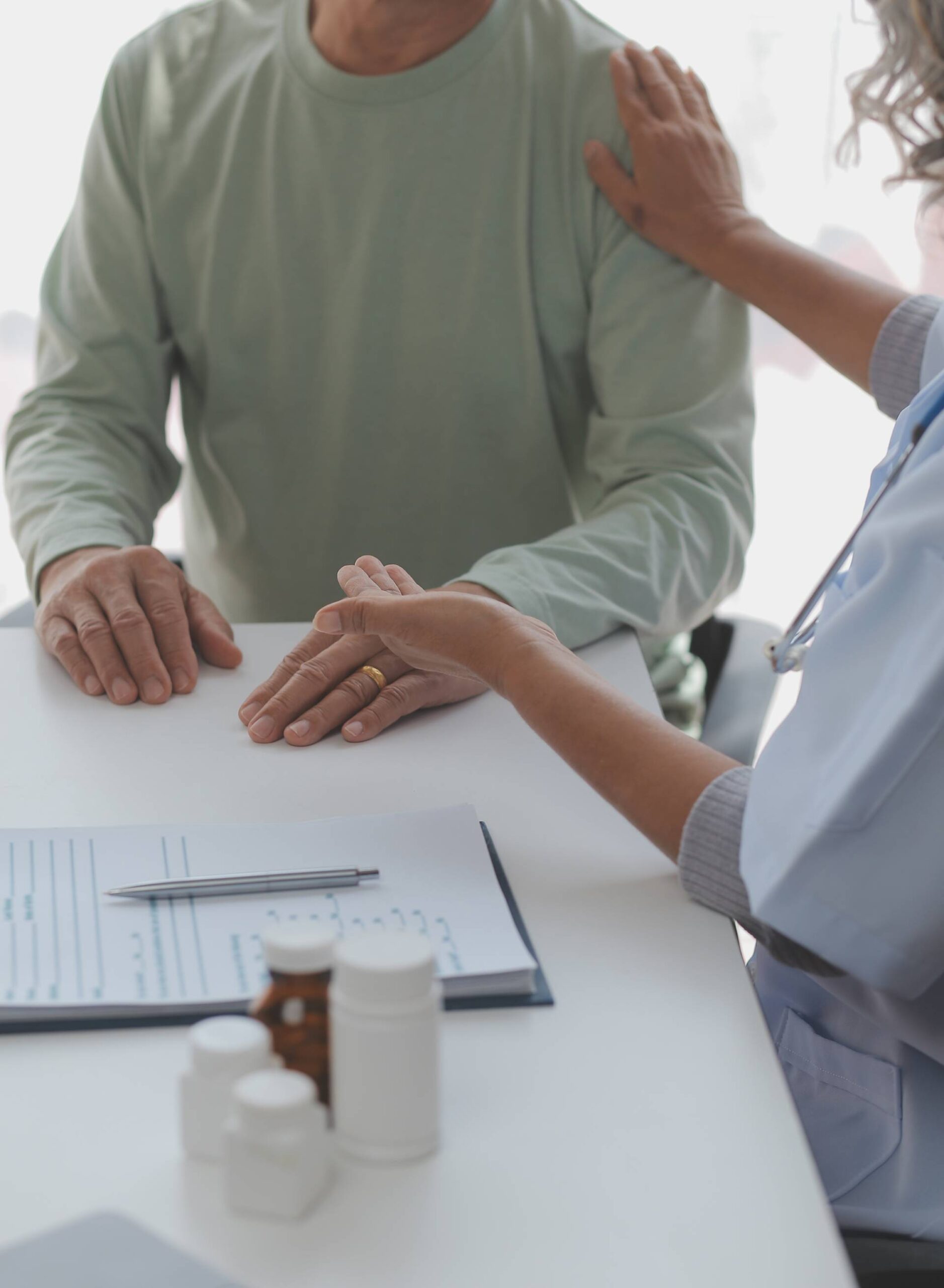Dual-Diagnosis Treatment

What is Dual-Diagnosis Treatment?
Dual-diagnosis treatment combines treatment for both an addiction and a mental health issue, like depression or anxiety. Treating both together is shown to help people stay sober longer.
At Clear Path Recovery Center, our dual-diagnosis program blends holistic addiction treatment with evidence-based mental health care.
This means we do more than just treat the symptoms of addiction or a mental health issue. We also work to understand the whole person and provide treatment tailored to their unique needs.
Drug and alcohol treatment that integrates mental health services and uses a holistic model is proven to be more effective at helping people stay sober and drug-free..
Dual-diagnosis treatment for addiction is more effective because:
- Substance use is often triggered by untreated mental health issues.
- Unresolved mental health conditions are a common cause of relapse.
- There are strong correlations between trauma and addiction.
- Addiction often contributes to mental health disorders.
The Elements of Dual-Diagnosis Treatment
Dual diagnosis treatment addresses both mental health disorders and substance addiction that occur together, like depression coupled with alcoholism. By tackling these interlinked challenges together, we create a more solid foundation for lasting recovery.
CBT teaches you to spot and reshape negative thoughts driving addiction, anxiety, and depression. Its practical tools build healthier habits and emotional control to reduce relapse risk.
Cognitive Behavioral Therapy (CBT)
Cognitive Behavioral Therapy (CBT) has long been considered the ‘gold standard’ method in psychotherapy—it’s both versatile and effective. CBT teaches people how to recognize and reshape negative thought patterns that fuel both addiction and mental health conditions like anxiety or depression.
For those with a dual diagnosis, CBT offers practical, step-by-step tools to change harmful behaviors linked to emotional distress and substance use. By building healthier habits and coping strategies, CBT helps you navigate daily stressors and reduce relapse risk through greater self-awareness and emotional control.
Dialectical Behavior Therapy (DBT)
DBT blends acceptance and change, making it especially helpful for folks dealing with addiction with intense emotions or co-occurring conditions like borderline personality disorder, PTSD, or depression.
DBT teaches you how to regulate your emotions, stay calm, stay in the moment and communicate your feelings in a measured way. DBT gives you powerful tools that empower you to manage overwhelming feelings, reduce impulsivity, and strengthen relationships—all key to maintaining recovery when you have a dual-diagnosis.
Individual Therapy
This is one-on-one time with a therapist focused just on you. It helps you talk through your addiction, process tough emotions and learn ways to manage stress. Your individual therapist acts as sort of a coach.
An individual therapist also helps you develop a recovery plan for after treatment that meets your needs and will fit your life. For people with both addiction and a mental health issue, it’s a safe space to process your feelings, understand your addiction and learn about yourself.
Group Therapy
Group therapy is just as important as one-on-one counseling. When you have a dual-diagnosis, it really helps to talk with other people who are going through similar struggles. Led by a trained counselor, everyone talks, listens, and learns from each other.
Group therapy helps build confidence, reduces feelings of isolation, and gives you support from people who truly understand what living with both addiction and a co-occurring condition feels like. Group therapy is also great practice for the networking you will want to do after treatment.
Family Therapy
Families are impacted by addiction and mental health disorders like depression or PTSD too. Family therapy brings you and your loved ones together with a therapist to work through relationship issues and improve communication. It helps family members understand what you’re facing and how they can support your recovery.
It also helps the patient to better understand their family members’ experiences. How they are impacted by addiction and mental health issues. Building understanding and clearing the lines of communication is the key to healing. When the family is invested in recovery together, the outcome is better for everyone.
Better Understanding Leads to Better Treatment
Our approach to dual-diagnosis care is simple, but powerful. We think strong mental health care starts with an accurate diagnosis. Many of our patients arrive with undetected or misdiagnosed conditions that undermined their past recovery attempts.
At Clear Path, we take time to listen. Diagnosing depression, anxiety, or PTSD isn’t checkbox medicine. It relies on real connections between patient and clinician to lay the groundwork for true healing.
Our personalized treatment model means getting to know you. Investing time and building trust. That leads to better understanding—-and better understanding leads to better treatment.
Dual-diagnosis treatment the Clear Path Recovery Center way:
- Focusing on careful diagnosis and truly listening to our patients.
- Understanding that what works best for one person may not be ideal for another.
- Encouraging family participation and input. Families recover together.
- Delivering proven, evidence-based care with compassion and empathy.


Dual-Diagnosis Treatment Is a Must for Lasting Recovery
One reason we founded Clear Path Recovery Center was that we recognized a need for high quality dual-diagnosis treatment in Missouri.
At Clear Path, our mission is to help people heal, recover and live better lives, regardless of the challenges they face. We have the compassionate professionals and comprehensive program you’re looking for. All that’s left is for you to make first contact. We can’t help if you don’t ask!
Call (417) 448-6488 or tell us how we can help using this form.
Take the First Step Toward Clarity
Let us know how we can help and we’ll reach out to you soon!
